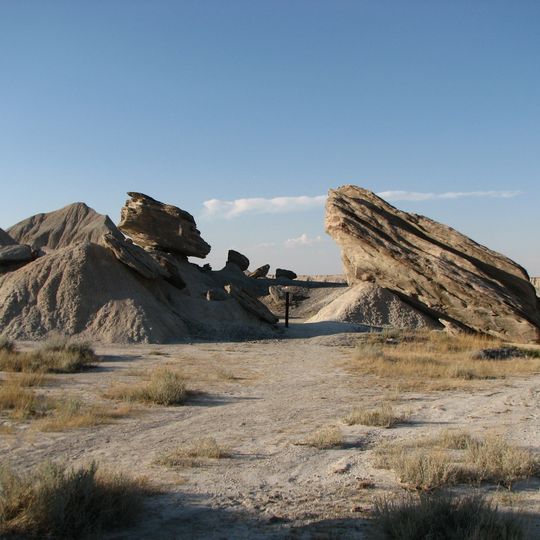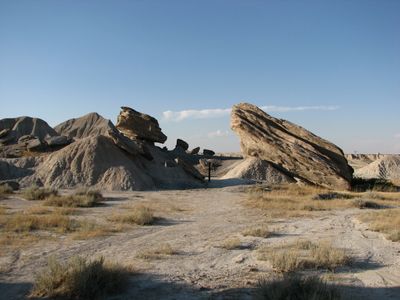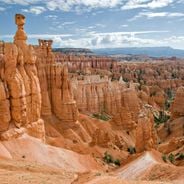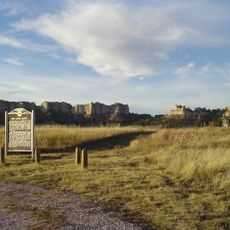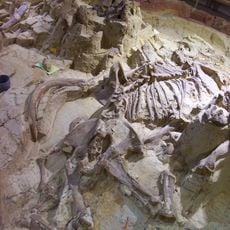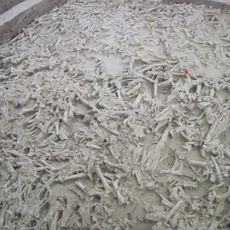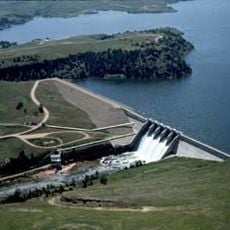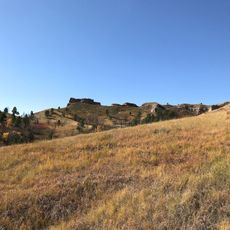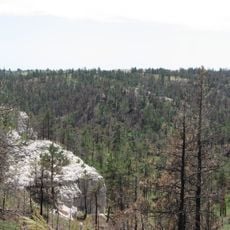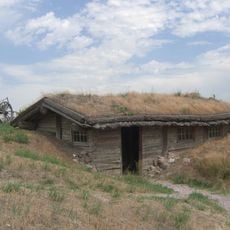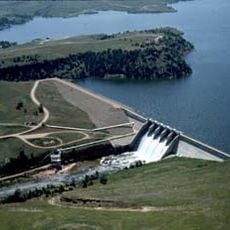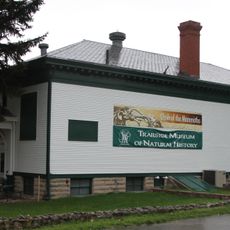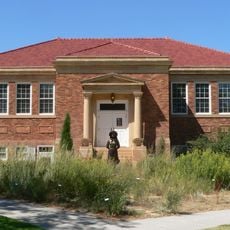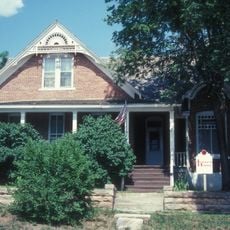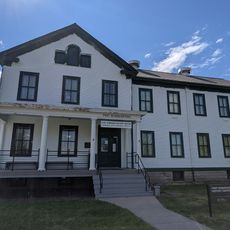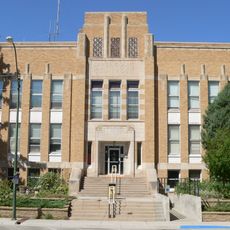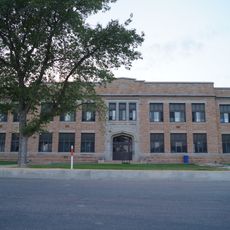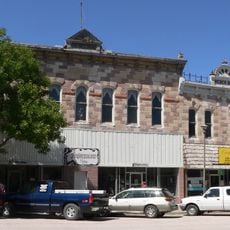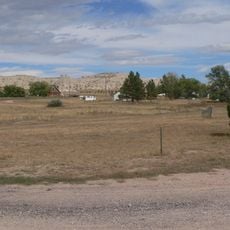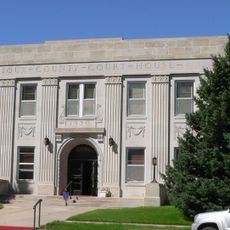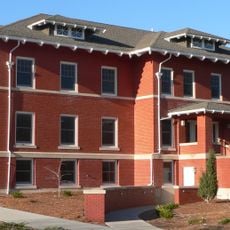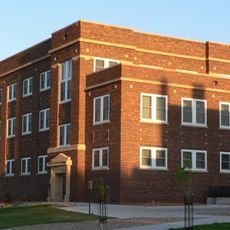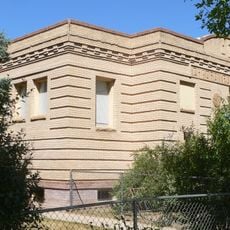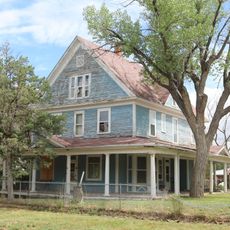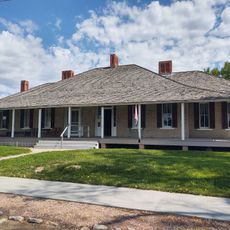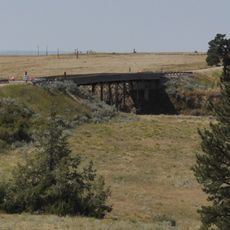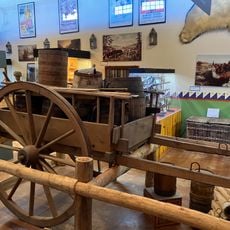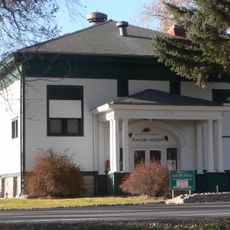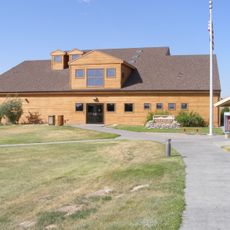Toadstool Geologic Park, Protected geological site in northwestern Nebraska, United States.
Toadstool Geologic Park is a protected geological site in northwestern Nebraska covering approximately 300 acres with distinctive rock formations shaped by wind and water erosion. The landscape features natural mushroom-like sculptures created when harder sandstone layers resist weathering while softer clay beneath gradually wears away.
The sedimentary layers date to the Oligocene period roughly 30 million years ago and contain numerous fossils of extinct mammals. This geological record documents an ancient chapter in Earth's history with remarkable remains from that distant time.
The area shows signs of human settlement from prehistoric times, evidenced by artifacts discovered throughout the grounds. People used this landscape for hunting and gathering activities over many centuries.
The grounds offer primitive camping facilities, hiking trails, and interpretive signs suitable for most visitors. Access is straightforward, and entry requires only a modest fee for day visits or overnight stays.
The rock formations consist of sandstone caps balanced on clay pedestals, creating natural sculptures that resemble giant mushrooms. This unusual structure developed because the two rock layers erode at different rates.
The community of curious travelers
AroundUs brings together thousands of curated places, local tips, and hidden gems, enriched daily by 60,000 contributors worldwide.
